
World
15:13, 11-Jan-2019
Chinese envoy accuses Canada of 'Western egotism', 'white supremacy'
Updated
14:42, 14-Jan-2019
By Abhishek G Bhaya
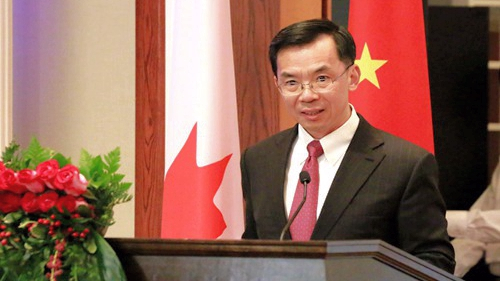
Canada's "double standards" in demanding the release of two Canadians held in China while justifying its own detention of Huawei CFO Meng Wanzhou, a Chinese citizen, is indicative of Ottawa's adherence to "Western egotism" and "white supremacy", the Chinese ambassador to Canada has alleged.
"Without violating any Canadian law, Meng was arrested last month and put in handcuffs just as she was changing planes at the Vancouver International Airport. It seems that, to some people, only Canadian citizens should be treated in a humanitarian manner and their freedom deemed valuable, while Chinese people do not deserve that," Ambassador Lu Shaye stated in a strongly worded op-ed piece published by Ottawa-based Hill Times newspaper on Wednesday.
"The reason why some people are used to arrogantly adopting double standards is due to Western egotism and white supremacy. In such a context, the rule of law is nothing but a tool for their political ends and a fig leaf for their practicing hegemony in the international arena. What they have been doing is not showing respect for the rule of law, but mocking and trampling the rule of law," he opined.
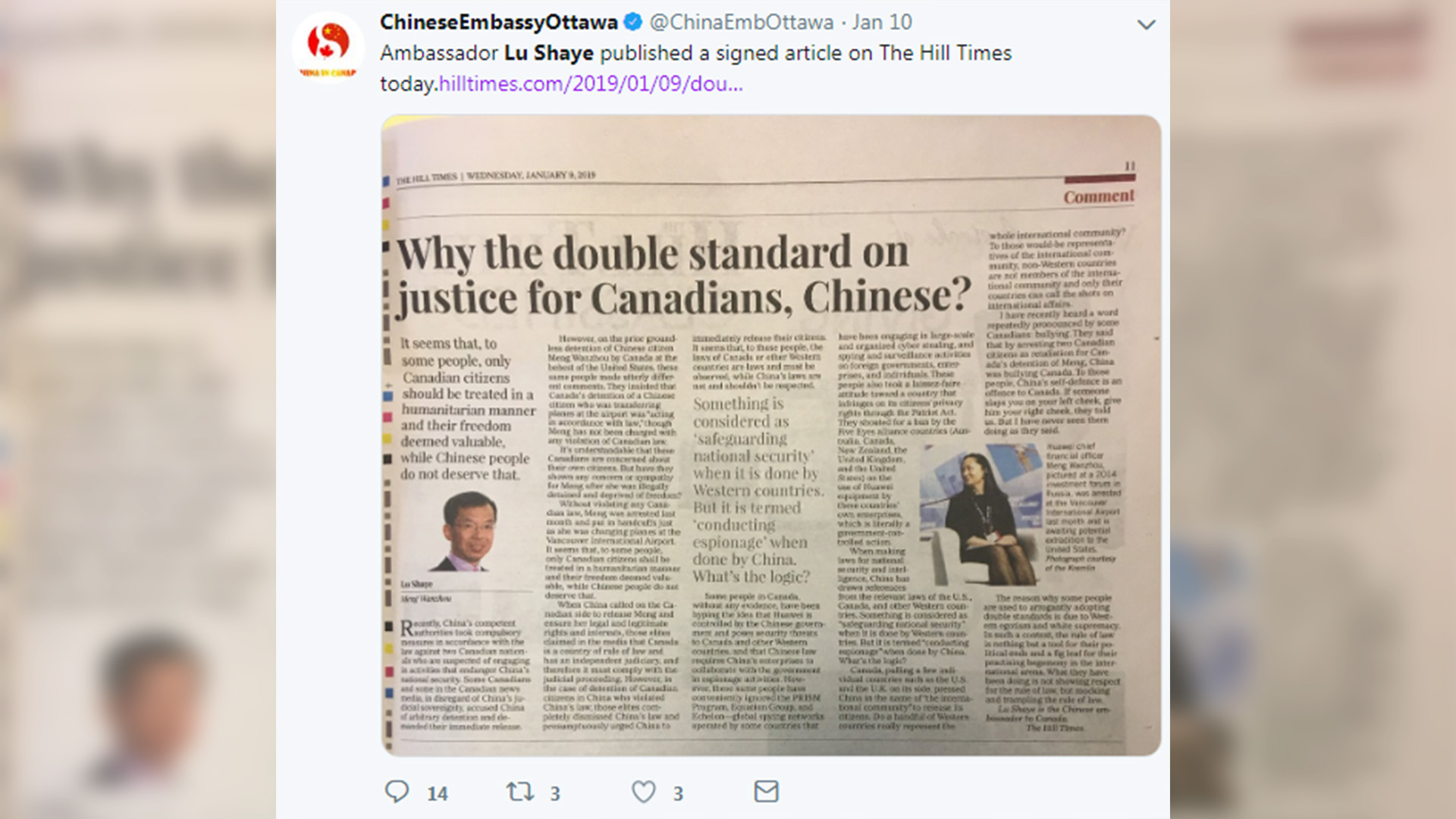
A screenshot of a tweet by the Chinese Embassy in Canada showing Ambassador Lu Shaye's op-ed piece published by Hill Times.
A screenshot of a tweet by the Chinese Embassy in Canada showing Ambassador Lu Shaye's op-ed piece published by Hill Times.
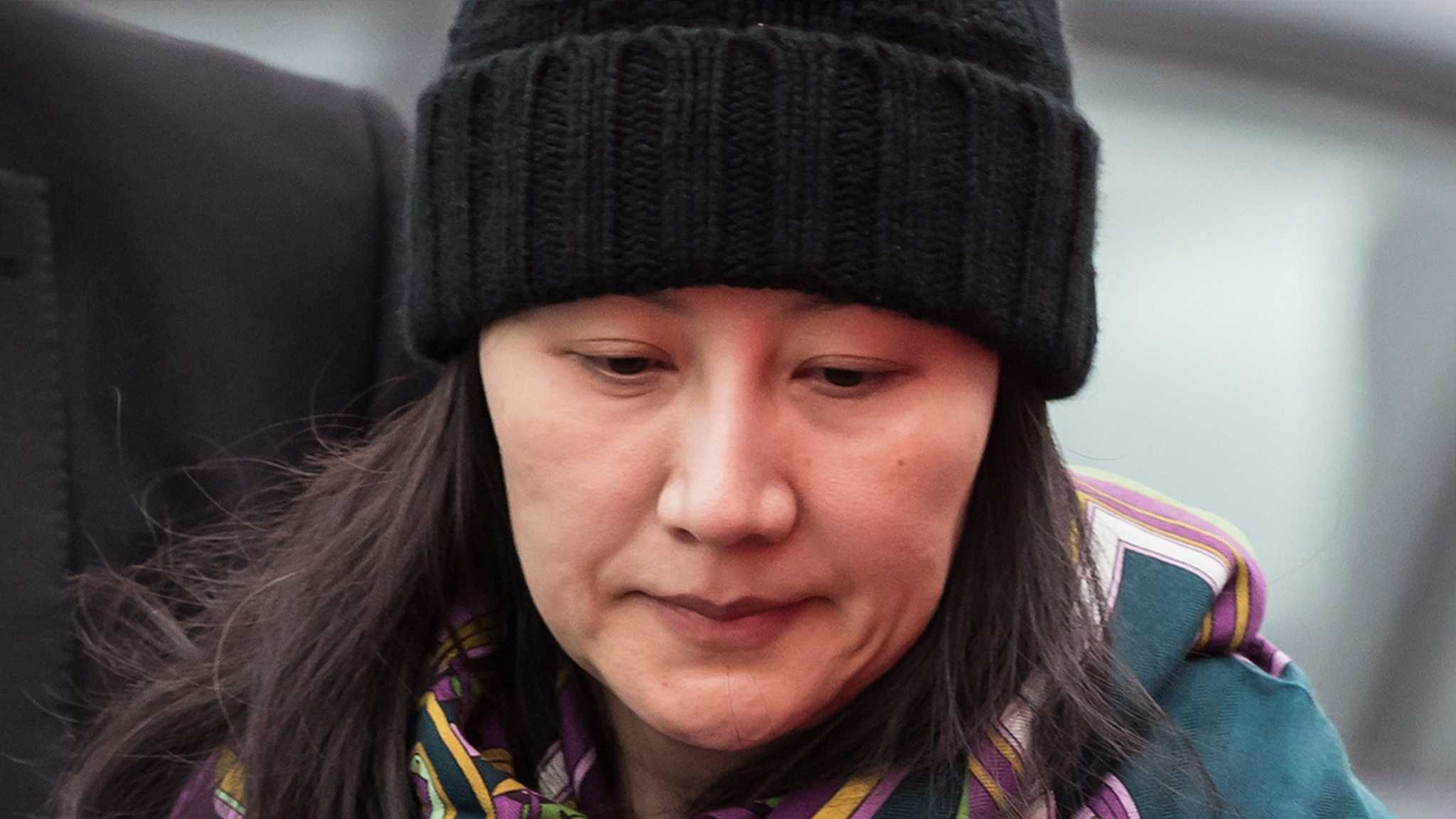
Huawei CFO Meng Wanzhou arrives at a parole office in Vancouver, Canada, December 12, 2018. /VCG Photo
Huawei CFO Meng Wanzhou arrives at a parole office in Vancouver, Canada, December 12, 2018. /VCG Photo
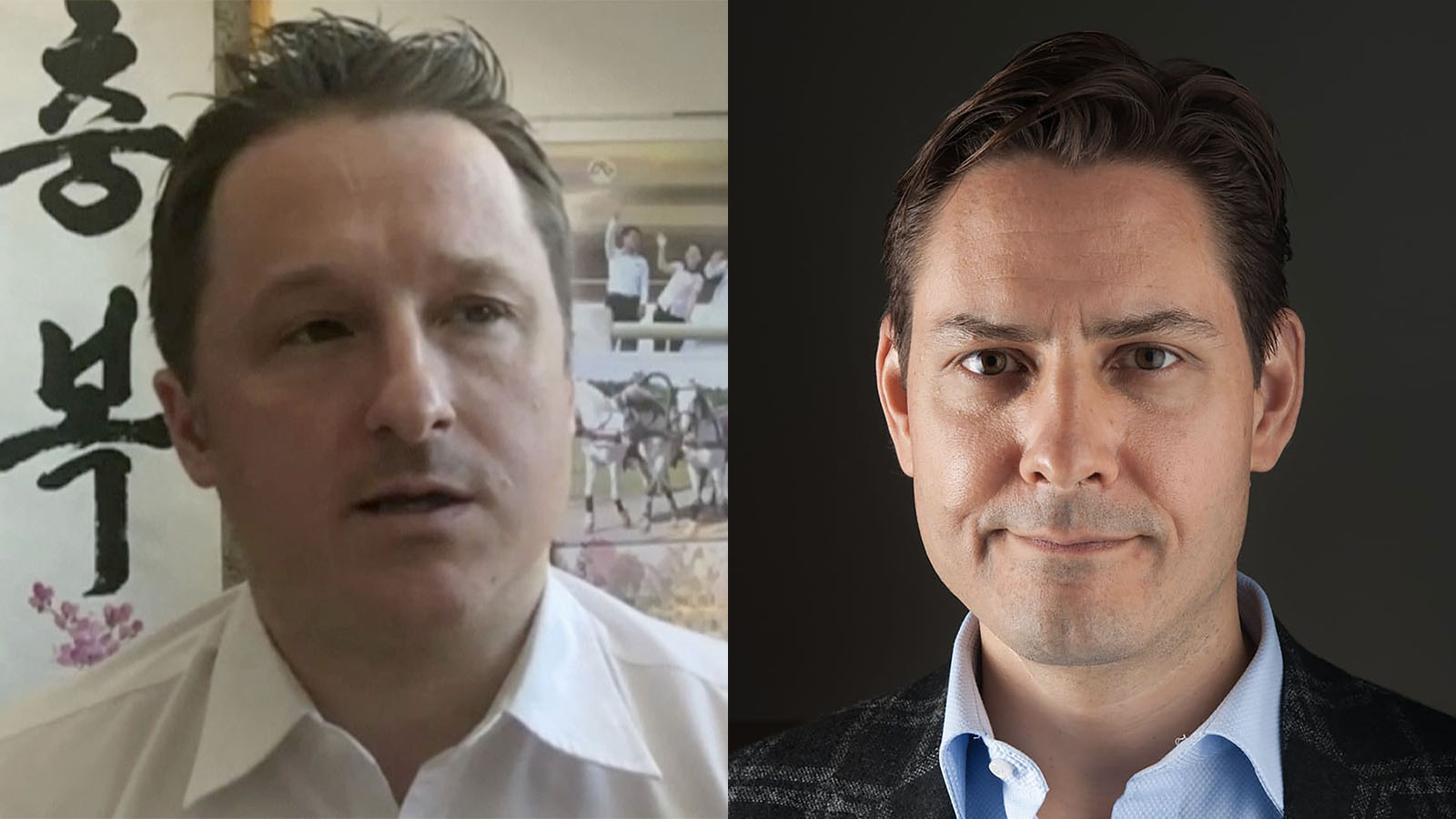
File photos of Canadian consultant Michael Spavor (L) and former Canadian diplomat Michael Kovrig. /AP and VCG Photos
File photos of Canadian consultant Michael Spavor (L) and former Canadian diplomat Michael Kovrig. /AP and VCG Photos
Meng was detained in Vancouver on December 1 on a request from the U.S., which is seeking her extradition over allegations that her company conducted business with Iran in violation of U.S. sanctions – a charge that has been denied by both Meng and Huawei. Ottawa has also acknowledged that Meng has not violated any Canadian laws.
Meanwhile, former Canadian diplomat Michael Kovrig and business consultant Michael Spavor were detained in China on December 10, in separate cases. Beijing has maintained ever since that these cases are different in nature as the Canadians are suspected of engaging in activities endangering China's national security while Meng was "illegally detained" in Canada "at the behest of the U.S. side."
Responding to a question whether the envoy's remarks were an admission that the Canadians were arrested in an act of revenge, Chinese Foreign Ministry Spokesperson Lu Kang said: "I hope that you make an accurate reading and understanding of Ambassador Lu Shaye's article. If you can read the Chinese language, I suggest you read it in the original and avoid being influenced by the distortion and extension made by some media reports on Ambassador Lu's article."
00:45
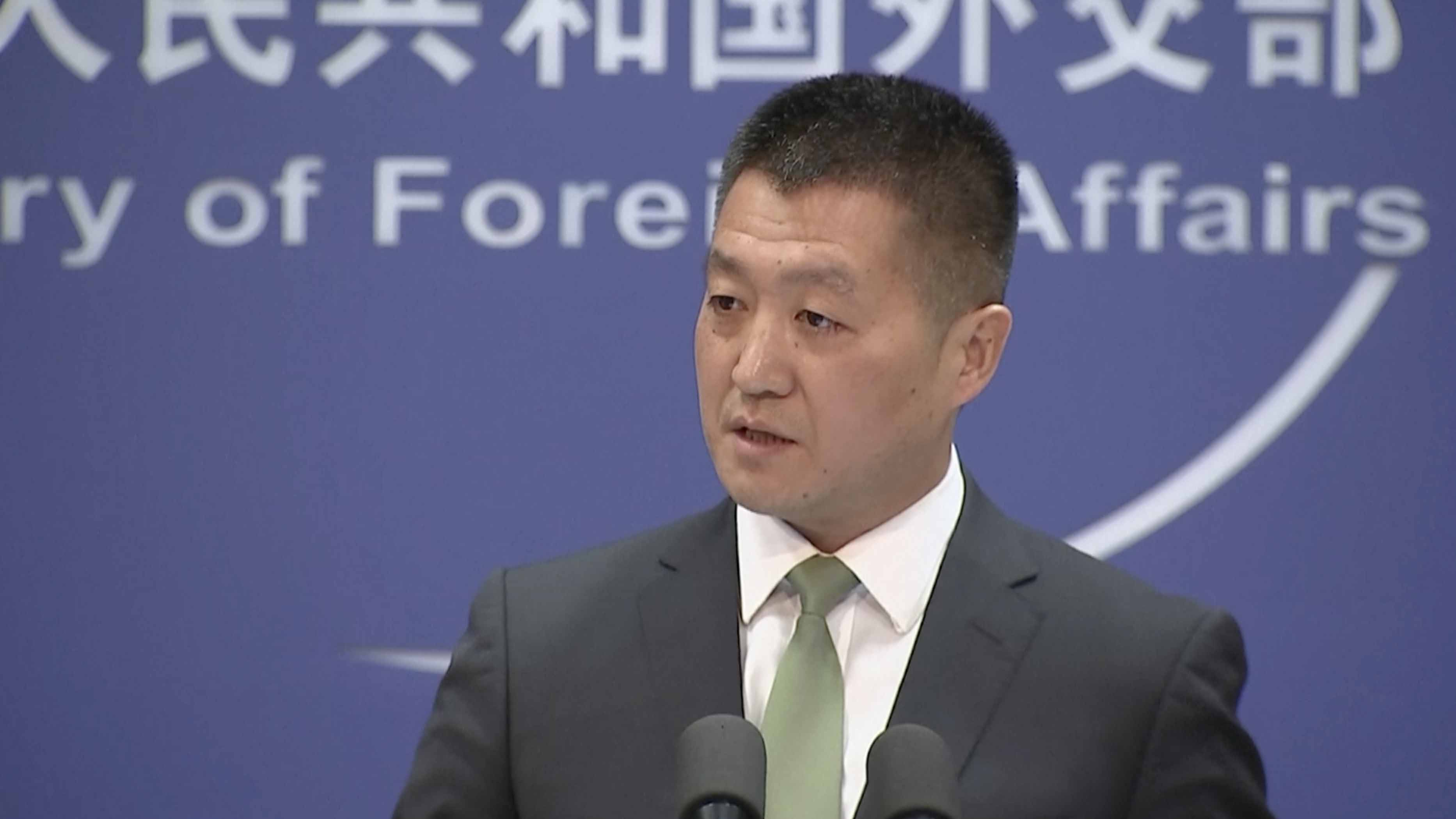
Echoing the envoy's views, the spokesperson also reiterated China's position on the matter. "The Canadian side, clearly knowing that Ms. Meng Wanzhou violated no Canadian laws, went ahead with its unjustifiable and wrongful detention… just at the beck and call of the U.S. side. The Chinese people have expressed strong indignation over this case and we have also asked the Canadian side to immediately correct its mistake and release Ms. Meng," he said.
"As for the two Canadians, the Chinese side has publicly stated that they were taken compulsory measures in accordance with the law for involvement in activities that endanger China's national security," the spokesperson added.
Western laws must be respected, China's not?
01:28
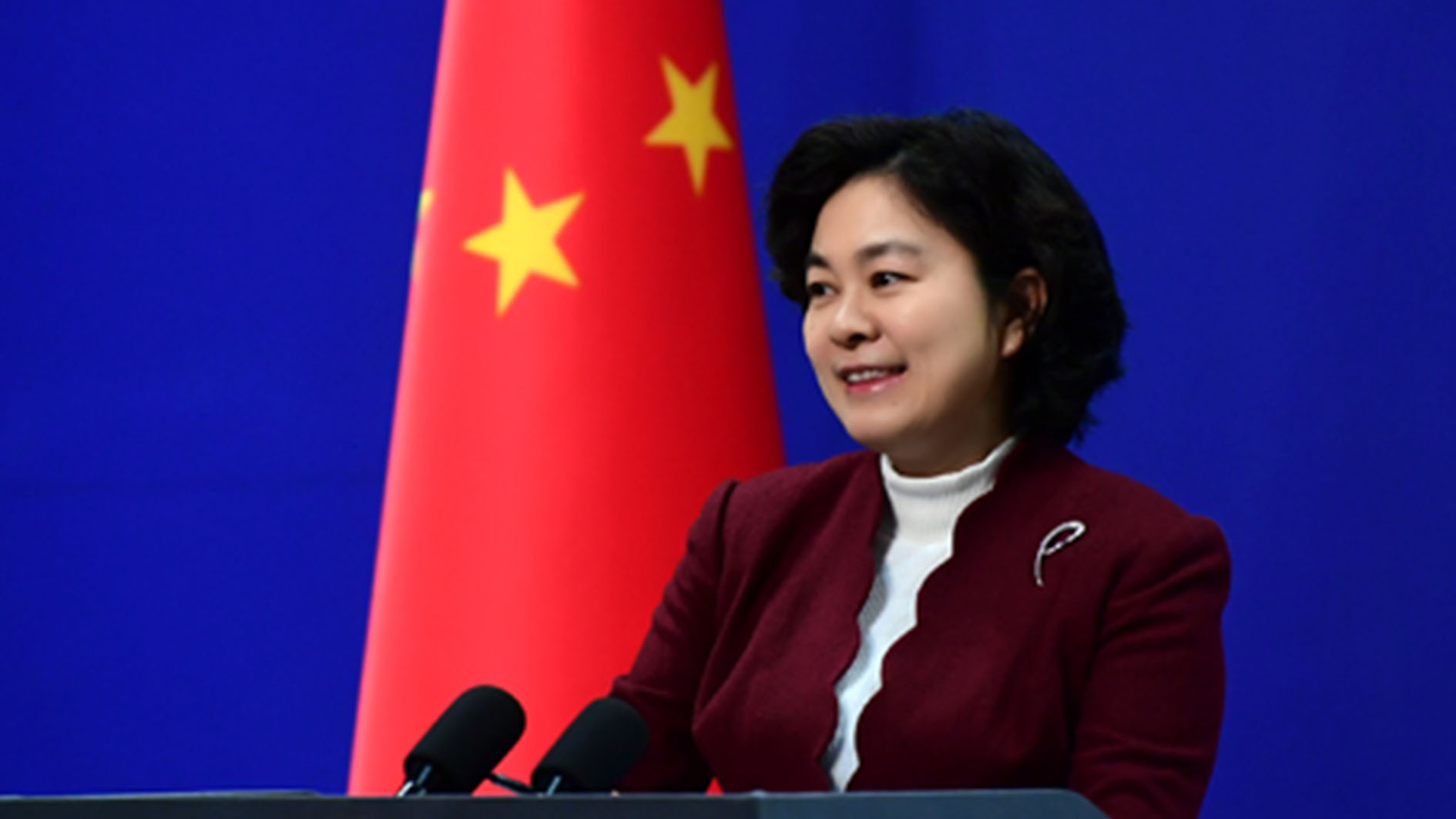
The Chinese ambassador, in his piece, also targeted the "elites" and "some in the Canadian news media" for disregarding China's judicial sovereignty and suggesting that it is less independent than Canada's.
"When China called on the Canadian side to release Meng and ensure her legal and legitimate rights and interests, those elites claimed in the media that Canada is a country of rule of law and has an independent judiciary, and therefore it must comply with the judicial proceeding," Lu stated.
"However, in the case of detention of Canadian citizens in China who violated China's law, those elites completely dismissed China's law and presumptuously urged China to immediately release their citizens," he argued. "It seems that, to those people, the laws of Canada or other Western countries are laws and must be observed, while China's laws are not and shouldn't be respected."
China has repeatedly asked Canada and its allies to respect Beijing's judicial sovereignty. "We hope that the Canadian side, the French side... and the other so-called allies of Canada can respect Chinese judicial departments' right to independently handle cases as well as China's judicial sovereignty," Chinese Foreign Ministry Spokesperson Hua Chunying said last month after the U.S., the UK, France and the EU appealed for the release of Kovrig and Spavor.
00:45
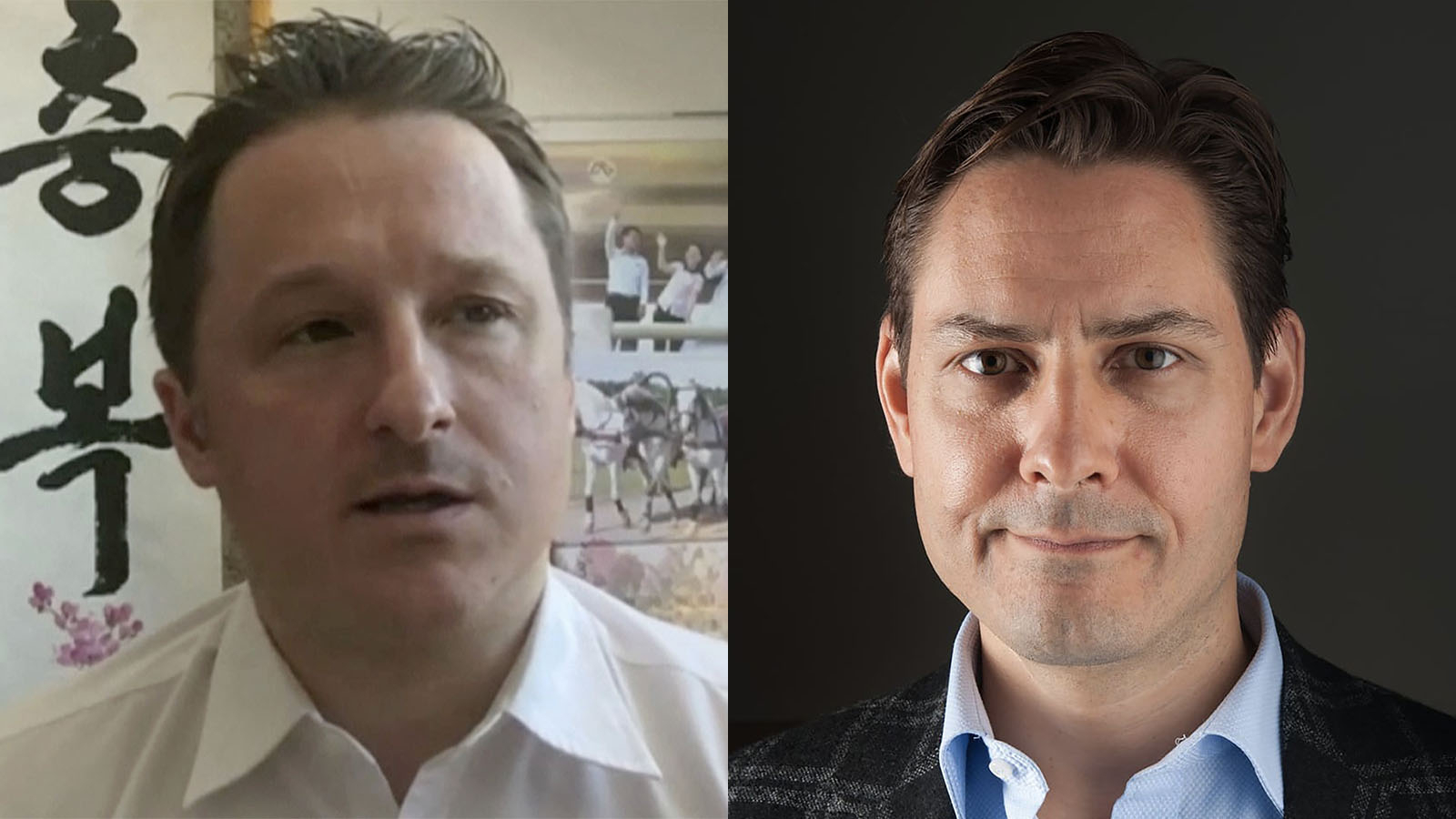
Snubbing Canada for pulling its allies such as the U.S. and the UK in pressing China to release its citizens, Lu raised valid questions on what defines the international community.
"Do a handful of Western countries really represent the whole international community? To those would-be representatives of the international community, non-Western countries are not members of the international community and only their countries can call the shots on international affairs," he said.
Lu dismissed the criticism by some Canadians that China has resorted to bullying. "They said that by arresting two Canadian citizens as retaliation for Canada's detention of Meng, China was bullying Canada. To those people, China's self-defense is an offense to Canada. If someone slaps you on your left cheek, give him your right cheek, they told us. But I have never seen them doing as they said."
Targeting Huawei exposes Western hypocrisy, hegemony
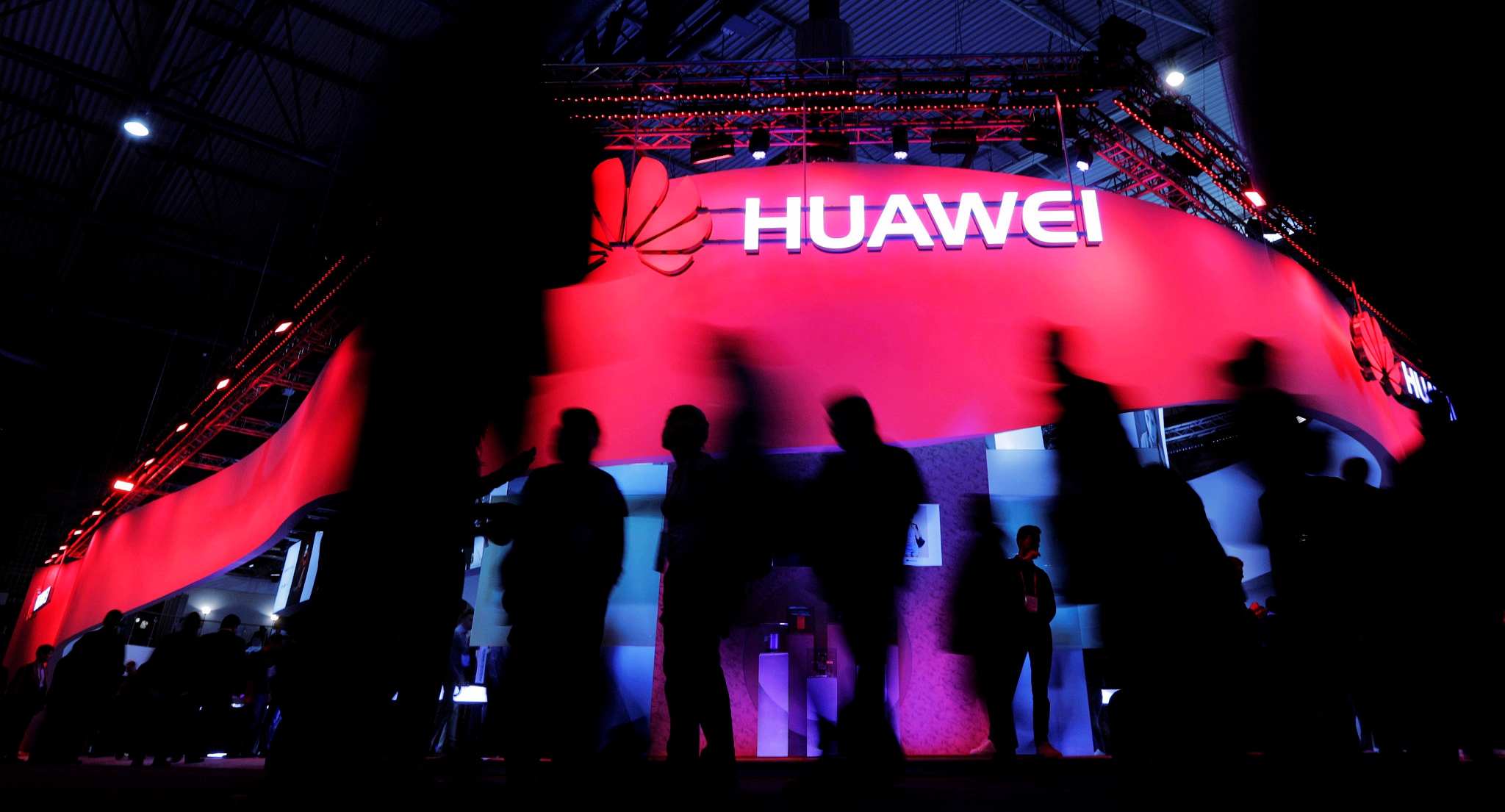
Visitors walk past Huawei's booth during Mobile World Congress in Barcelona, Spain, February 27, 2017. /VCG Photo
Visitors walk past Huawei's booth during Mobile World Congress in Barcelona, Spain, February 27, 2017. /VCG Photo
The Chinese envoy also attempted to expose the Western hypocrisy in targeting Huawei as a security threat and described the concerted action against the Chinese company as a sign of Western "bullying" and a bid to perpetuate its "hegemony".
"Some people in Canada, without any evidence, have been hyping the idea that Huawei is controlled by the Chinese government and poses security threats to Canada and other Western countries, and that Chinese law requires China's enterprises to collaborate with the government in espionage activities."
Lu added that "these same people have conveniently ignored the PRISM Program, Equation Group, and Echelon – global spying networks operated by some countries that have been engaging in large-scale and organized cyber stealing, and spying and surveillance activities on foreign governments, enterprises, and individuals."
He accused the West of taking "a laissez-faire attitude" toward a country – the U.S. – that infringes on its citizens' privacy rights through the Patriot Act, while pointing out how the same countries are abiding by the call from the Five Eyes alliance countries (the U.S., the U.K., Canada, Australia, and New Zealand) to block private enterprises from using Huawei equipment, which the envoy described as "literally a government-controlled action".
"Something is considered as 'safeguarding national security' when it is done by Western countries. But it is termed 'conducting espionage' when done by China. What's the logic?," asked the envoy, underscoring the fact that China has drawn references from the U.S., Canada, and other Western countries in formulating its own laws for national security and intelligence.
(Cover: China's Ambassador to Canada Lu Shaye. /Photo via Chinese Embassy in Canada)

SITEMAP
Copyright © 2018 CGTN. Beijing ICP prepared NO.16065310-3
Copyright © 2018 CGTN. Beijing ICP prepared NO.16065310-3